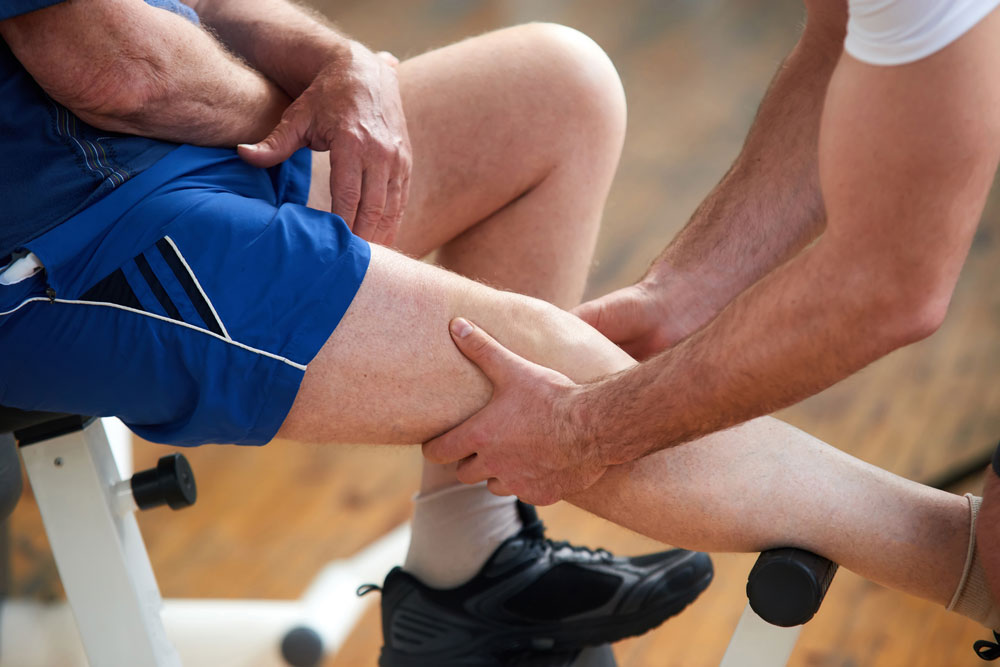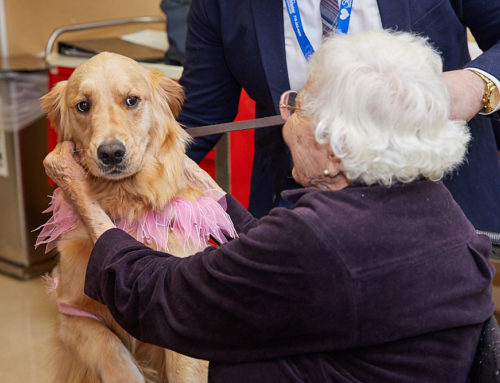Sudden Weakness in Legs: Why That Happens
A leg giving out can be concerning, especially if it happens suddenly or repeatedly. If a leg gives out unexpectedly, it can lead to a fall, even on a flat surface. The sudden weakness in a leg can cause you to lose your balance and fall before you have a chance to catch yourself. This condition occurs without warning, so it shouldn’t be ignored. Such issues could result in injuries as a result of a fall.
Loss of leg strength could also be a sign of a condition requiring medical intervention. It could indicate an injury, spinal disc issues, or neurological condition, often requiring similar treatments. You may be recommended physical therapy if your leg weakness is caused by nerve issues such as sciatica or spinal disc dislocation. This therapy features exercises to rebuild muscle strength. It also focuses on balance, flexibility, and range of motion to keep you on your feet. Your medical team will offer the necessary guidance and activities for the best results.

Causes of Sudden Weakness in a Leg
Strokes are one of the most common causes of unexplained leg weakness. These occur after bleeding in the brain or when the blood supply is blocked. Communication issues, confusion, headaches, or vision problems are the most common symptoms. However, weakness or numbness on one side, including a leg, could also indicate a stroke.
The spine contains 26 vertebrae separated by jelly-like discs preventing them from rubbing together. A herniated or slipped disc occurs when a disc shifts, pressing against the spinal cord or nearby nerves. When this occurs, you may notice sudden weakness, numbness, or pain in one or both legs.
Multiple sclerosis is a chronic autoimmune disorder with no cure and mild to severe symptoms. One of the early signs of the disease is muscle weakness and stiffness in the arms and legs. You may also notice tingling, numbness, or pain. As the symptoms progress, standing or walking becomes difficult, often requiring a wheelchair.
Amyotrophic Lateral Sclerosis (ALS) is a neurological disorder occurring when motor neurons deteriorate. As those nerve cells die, messages from the brain no longer reach the muscles. Sudden leg weakness is one of the early symptoms, though you may also notice twitching, stiffness, or cramps elsewhere. Over time, muscle atrophy may spread throughout the body.
Though the condition is rare, Guillain-Barre syndrome’s first symptom is weakness and tingling in the legs and feet. As an autoimmune condition, the immune system attacks healthy nerves. Though it has no specific cause, it is often the result of an infection and may eventually cause paralysis.
How can I firm up my wobbly legs?
If you’re trying to strengthen your legs after sudden weakness, first speak to your doctor. They’ll determine the underlying cause of the issue and the proper treatment. You may require medication, rehabilitation, or surgery, depending on what you’re dealing with.
Physical therapy is often recommended for those with weakened leg muscles. The exercises are tailored to match your condition and may involve passive and active movements. Your therapist may also recommend heat and cold therapy, ultrasound, electrotherapy, and massage.
A healthy diet is also vital for those looking to rebuild muscle strength. The body requires the amino acids in protein for cell production and regeneration. Ingesting high-protein foods, including lean meats, eggs, dairy, soy, and nuts, replenishes what your body uses. Nitrates are also linked to muscle function and strength, so adding leafy greens to your diet stabilizes those legs.
If you or someone you know is experiencing legs giving out often or without warning, it’s important to address the issue promptly and seek medical advice. They can help identify the cause and recommend treatment to improve stability and reduce the risk of falls, like balance exercises, physical therapy, or the use of supportive devices.
Resources:
- NHLBI, Stroke Symptoms
https://www.nhlbi.nih.gov/health/stroke/symptoms - Penn Medicine, Herniated Disc Disorders
https://www.pennmedicine.org/for-patients-and-visitors/patient-information/conditions-treated-a-to-z/herniated-disc-disorders - NINDS, Multiple Sclerosis
https://www.ninds.nih.gov/health-information/disorders/multiple-sclerosis - NINDS, Amyotrophic Lateral Sclerosis (ALS)
https://www.ninds.nih.gov/health-information/disorders/amyotrophic-lateral-sclerosis-als#:~:text=Amyotrophic%20lateral%20sclerosis%20(ALS)%2C,voluntary%20muscle%20movement%20and%20breathing. - May Clinic, Guillain-Barre syndrome
https://www.mayoclinic.org/diseases-conditions/guillain-barre-syndrome/symptoms-causes/syc-20362793 - NCBI, March 19, 2024, In brief: Physical therapy
https://www.ncbi.nlm.nih.gov/books/NBK561514/ - UCLA Health Are you getting enough protein? Here’s what happens if you don’t
https://www.uclahealth.org/news/article/are-you-getting-enough-protein-heres-what-happens-if-you-dont - Harvard Health Publishing, August 1, 2021, Green leafy vegetables offer a leg up on muscle strength
https://www.health.harvard.edu/staying-healthy/green-leafy-vegetables-offer-a-leg-up-on-muscle-strength
This article contains informational and educational materials and does not replace health or medical advice. For questions or concerns regarding your medical condition or health objectives, speak to a qualified physician or healthcare provider.






Leave A Comment